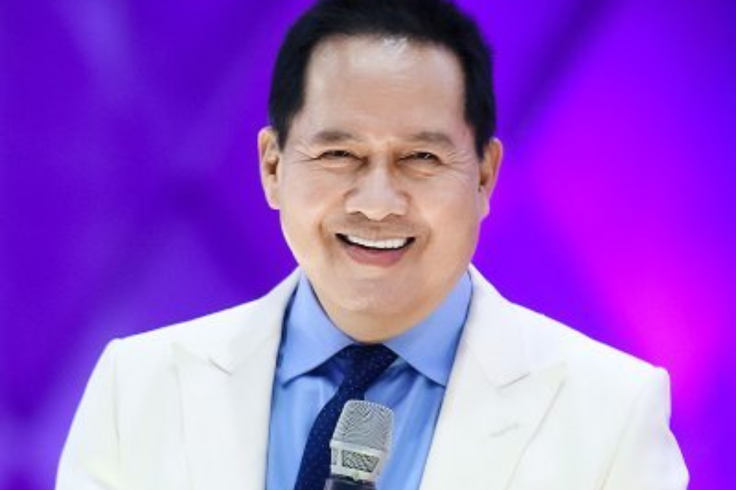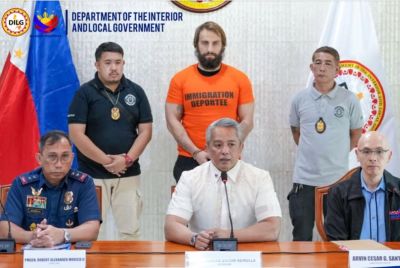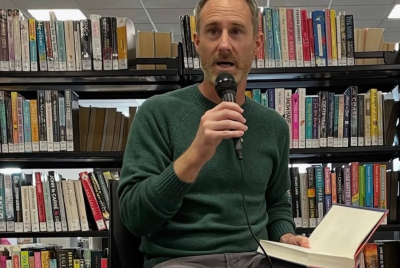US Seeks Extradition of Filipino Religious Leader Over Child Sex Trafficking – So Why is the Philippines Not Budging?
The Federal Bureau of Investigation (FBI) placed him on its most wanted list in 2021

The United States has formally requested the extradition of Kingdom of Jesus Christ (KOJC) leader Apollo Quiboloy, accused of child sex trafficking and other serious crimes, but the Philippines has yet to act on the request.
Quiboloy, a prominent televangelist and ally of former President Rodrigo Duterte, faces multiple charges in both countries, complicating the extradition process.
Let's examine the US extradition request, the legal barriers under Philippine law, and the broader implications for Philippines-US relations.
US Extradition Request and Charges
The US submitted extradition documents to the Philippine Department of Justice (DOJ) in June 2025, as confirmed by Philippine Ambassador to the US Jose Manuel 'Babe' Romualdez, who told Rappler, 'The extradition documents [had been] sent to the DOJ.'
Quiboloy, indicted in November 2021 by a California grand jury, faces US charges including conspiracy to engage in sex trafficking by force, fraud, and coercion, sex trafficking of children, and bulk cash smuggling.
The Federal Bureau of Investigation (FBI) placed him on its most wanted list in 2021, alleging he coerced girls as young as 12 into sexual acts and used fraudulently obtained visas to traffic KOJC members to the US for forced labour.
X posts from @PhilstarNews state, 'The United States is seeking the extradition of accused human trafficker and sex offender Apollo Quiboloy.' The US Embassy in Manila expressed confidence that Quiboloy will face justice for his heinous crimes.
The United States is seeking the extradition of accused human trafficker and sex offender Apollo Quiboloy, Philippine Ambassador to the US Jose Manuel Romualdez said yesterday.https://t.co/NnBYYwmd1L
— Philstar.com (@PhilstarNews) August 21, 2025
Philippine Legal Barriers
Philippine law prioritises local jurisdiction, posing a significant obstacle to extradition. Quiboloy, arrested in September 2024 in Davao City, faces qualified human trafficking, sexual abuse, and child abuse charges in Pasig and Quezon City courts.
DOJ spokesperson Mico Clavano explained, 'In general, a person cannot be extradited from the Philippines while a criminal case against him is still pending in our courts, since local jurisdiction takes priority.'
President Ferdinand Marcos Jr. reinforced this stance, stating on 9 September 2024, 'The extradition request is not yet there. Besides, the judicial process that Apollo Quiboloy is going to have to go through now locally still has to be done, because what has been done is we have implemented and enforced an arrest warrant that has been issued by the [local courts],' Quiboloy's lawyer, Ferdinand Topacio, argued that extradition would be a derogation of sovereignty, citing the timing of the US request amid local political controversies.
X posts from @rhocsan echo this sentiment, stating, 'Extraditing Apollo Quiboloy sets a dangerous precedent for Philippine sovereignty.' However, Clavano noted that courts could expedite local cases to accommodate a valid extradition request if urgency is established.
Extraditing Apollo Quiboloy sets a dangerous precedent for Philippine sovereignty. 🇵🇭 The Philippines has its own courts, due process, and justice system — no foreign power should dictate how we handle our own citizens.
— anluwage 🔨🇵🇭 🇨🇦 (@rhocsan) August 20, 2025
Handing him over undermines our independence, disregards…
Implications for Philippines-US Relations
The delay in acting on the US extradition request highlights tensions in the Philippines-US extradition treaty, signed in 1994. The treaty requires requests to pass through diplomatic channels, with the Philippine DOJ assessing if crimes are extraditable based on dual criminality and a minimum one-year penalty.
While the US has not pushed for a provisional arrest, informal discussions between the two nations have occurred, suggesting diplomatic sensitivity to avoid perceptions of US influence over Philippine justice. Quiboloy's ties to Duterte, currently detained in The Hague for crimes against humanity, add political complexity, as extraditing him could be seen as targeting Duterte's allies.
The DOJ's hesitation, with Clavano stating, 'In this case, DFA has not received any request,' reflects a cautious approach to balancing treaty obligations with domestic priorities. The outcome could impact bilateral trust, especially as the US collaborates with Philippine authorities on other high-profile cases, such as the arrest of dismissed mayor Alice Guo.
© Copyright IBTimes 2025. All rights reserved.




















